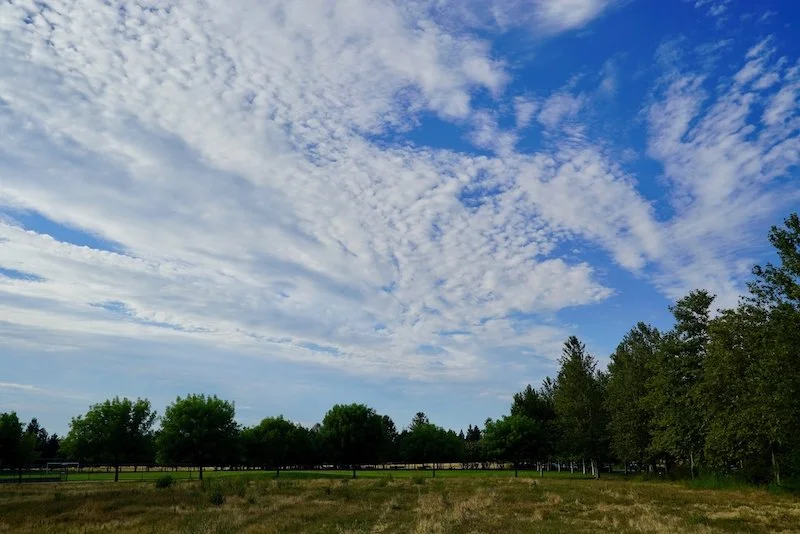Cultivation
/This is an excerpt from the introduction to "Cultivation," a section of my new book of poetry, Bearing Witness. Bearing witness is a process for transforming experience into wisdom. For me, poetry is one expression of that process. To learn more about the process, click here:
Bearing witness may have come to be associated with courtroom drama, but it is, in fact, at the heart of all of our lives. I believe the term best describes how we turn our experience into wisdom and how we merge the inner world of perception with the outer world of conscious action.
- Presence
- Engagement
- Reflection
- Cultivation
- Expression
This article is about the fourth phase of the process: Cultivation
I love those poems that flow out from pen to page in one piece. I used to keep a folder of “poems in progress.” I would revisit unfinished works on occasion, working and reworking individual pieces until I got a finished product. But these poems rarely turned out to be my best works. Now, I write almost all my poetry in a single sitting, which may last from minutes to hours. I rarely go back and rework a poem. In other words, the whole process of presence, engagement, reflection, and cultivation occurs in one fell swoop.
Prose, however, is different. This book, for instance, has gone through numerous phases and more than a few stops and starts along the way. I actually conceived the idea for the book almost three years ago. My initial working title was “Hide and Seek” (based on the poem of the same name in the earlier section on Presence). As I further articulated my writing method, I renamed the book “Bearing Witness.” At the time, I had a collection of unpublished poems dating from 2014 to 2016, but I was not happy with the set.
During those three years, I continued writing new material although I was not necessarily thinking of the new work as members if this set. I was, however, cultivating the idea of bearing witness as a method of transforming experience into wisdom. Cultivation is the effort of taking the raw material from presence, engagement, and reflection and shaping it into a finished product. This is the act of curating, polishing, editing, arranging and re-arranging the elements discovered in reflection into some end point. It may be a product (a sculpture, a building blueprint, a project plan, a poem, etc.), a service (coaching, training, customer service, marketing, sales, facilitating a team, sharing a vision, a dance, a way of parenting, etc.) or a way of being (a shift in attitude, presence, demeanor, or energy). For writing, cultivation is the process of editing and polishing a piece. For a poem, it is easy to do this all in one sitting because a poem is usually relatively short, maybe the equivalent of one or two paragraphs of prose. A book, however, is composed of many pieces and each part goes through its own process of presence, engagement, reflection and cultivation.
In the prior sections, on Presence, Engagement, and Reflection, I used my desk as an example, noting the dark brown polished surface and how the geometric regularity of the rectangular white keyboard interrupted the flowing pattern of the wood grain; patterns that widened and thinned erratically, forming natural ovals. I imagined being the desk and feeling the sturdiness of four legs, standing solid, and feeling how the drawers hold the secrets of daily life or occasional use…as I reflected on it, I noticed how how easy it is, when you have a clear purpose, to stand firm; how the grain told a story of a once living tree, how cells served as transporters of life energy from root to leaf, how the leaves served as light workers feeding limbs and trunk, and how it all, working together, wove another ring into a prayer for life…
The beginning of a poem is often already formed in reflection. It is still a bit rough, but the main themes and ideas are already there. Now it is a matter of cultivation. The next step is to take the material from reflection and begin to work it in into a finished product. I usually start this by taking the draft material and laying it out like a poem, so that I can get an overview of it and see how it all hangs together. For instance, I take the paragraphs above, create line breaks, and add transitional words and phrases to form the first draft of a poem:
Notice the dark brown
polished surface of my desk;
Notice how the geometric regularity
of the rectangular white keyboard
interrupts the flowing pattern
of the wood grain; patterns that
widen and thin erratically,
forming natural ovals.
Imagine being the desk and feeling
the sturdiness of four legs,
solid on the ground, feel how
the drawers hold the
secrets of daily life
Notice how how easy it is,
when you have a clear purpose,
to stand firm; notice how the grain
tells a story of a once living tree,
how cells served as transporters
of life energy from root to leaf,
how the leaves served as light workers
feeding limbs and trunk, and how it all
working together, wove another ring
into a prayer for life…
At this stage, I usually have the main idea of the poem or a good sense of the feel I want to evoke or create by the poem. Cultivation means that I edit, add, or alter what I have created based on the main idea or the feel of the work in progress. For instance, I added the initial word “notice” and made that word the initial word for other phrases. As I continue to cultivate the poem, I may cut out entire sections or move stanzas around. I may take one part of the poem, flesh it out, and delete the rest.
I will read the draft aloud, repeatedly, in order to get a feel of the flow of words and the musicality of the poem. Reading aloud alerts me to spelling errors and mistakes of grammar as well as the feel and flow of the piece. I usually know I am done with a piece when I can read it aloud smoothly and feel satisfied with how it flows and what it evokes in me. But the real test is how it lands in others. So for me, a poem is not really complete until I share it. Expression, the topic of the next section, is the final act of bearing witness transforming experience into wisdom by making meaning of it and by making it available to oneself or others as a guide in life.








